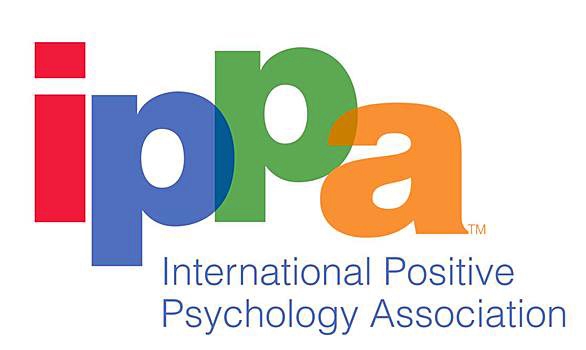I did an interesting experiment the other day in a class in Phoenix. The group of individuals in the communication class I was teaching had created such synergy, such a great camaraderie in the two days they had been together that at the end of the class I pointed to each person and asked the class to name the individual’s best qualities. Not only were they prolific and accurate, but it also amped up the positive energy in the room even more than it already was; people loved to hear what they were doing right and in what areas others believed they excelled.
It costs nothing to give praise, nothing to pay attention to what went right today and what we’re grateful for. And guess what, no matter where we are in life there’s always something to be grateful for if we take the time to look!
We all have setbacks, days that aren’t as productive as we’d like or times our energy isn’t at its peak, but those are the times our secret weapon—appreciation—can be of the greatest benefit. Plan an appreciation meeting every third Wednesday at work or take the first ten minutes of every meeting to acknowledge what people are doing right, or what you admire/respect/like in everyone. And when I lead a seminar and hear people talk about those who they admire or have learned from, I always remind them that if they are fortunate enough to have these people still in their lives, to call them that very day and say thank you!
It’s easy to focus on what we don’t want, and if we focus on it long enough it will indeed become our reality. We always have choices, and as I like to remind folks when I’m speaking, misery is optional, and so is joy. Remember what we see, feel and experience always comes after our decision to see, experience and feel it.
So here’s a question. Who do you wish you could tell thank you for something he or she did that really helped you, really mattered at the time, really changed your life in some way? Can you still pick up the phone and tell them? If the answer is yes, then stop reading and go let them know what a difference they’ve made in your life.
Dr. Martin Seligman, the father of Positive Psychology, has done tremendous research in helping returning veterans suffering from PTSD, individuals with depression and others by using principles of positive psychology. One of the key principles he utilizes to help people feel better is an awareness of gratitude. He explained that in the psychological literature over the last 30 years there have been 54,040 abstracts containing the keyword “depression,” 41,416 naming “anxiety,” but only 415 mentioning “joy.” And when I was looking up a definition for learned happiness all that Google could locate was learned helplessness. Seems it’s about time to add more joy in our lives, which will in turn produce happier employees, healthier individuals, more productive workers and we’ll be the ones others look to and try to figure out our secret, why are we having so much fun!


